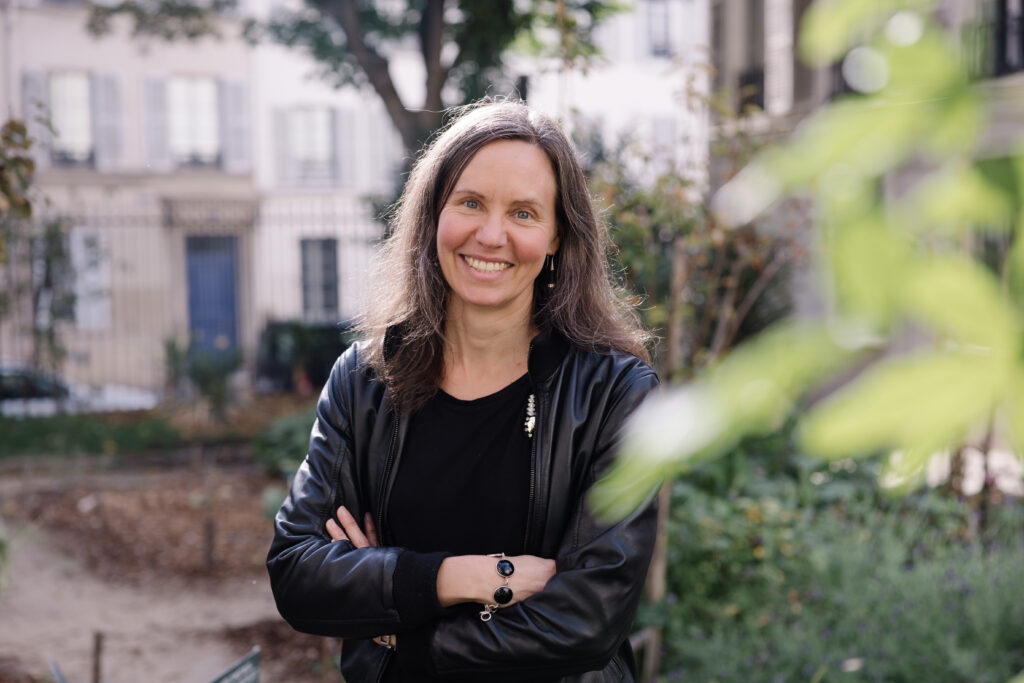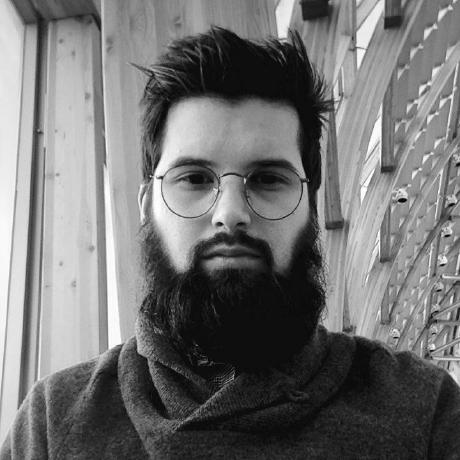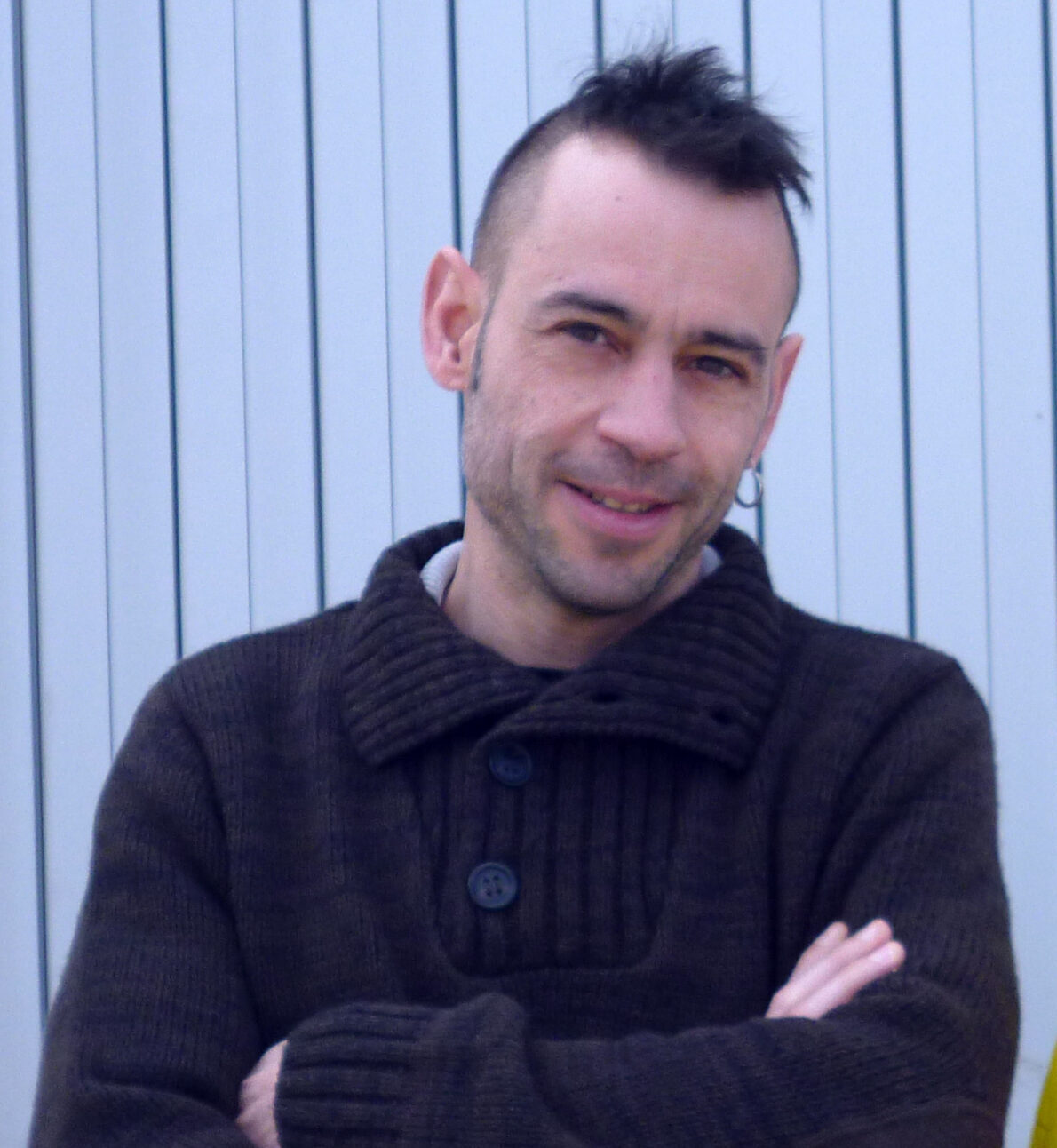In this interview with Culture Media Lab, the Particip-Arc coordinator discusses the origins of the network and its recent developments, and outlines the challenges of the day organized on November 16 in the auditorium of the Grande Galerie de l’Evolution, around young researchers.
Culture Media Lab: What is Particip-Arc?
Alexandra Villarroel: Particip-Arc is a network of actors committed to participatory science and research in the fields of culture. The network was created in 2017 on the impulse of the Ministry of Culture. At the beginning, the objective was to make an inventory of participatory research approaches in the fields of culture, which is a very broad scope in terms of disciplines. This includes the entire sector of arts, linguistics, communication, urban planning, archaeology, heritage…
In 2019, a first report was submitted to the Ministry of Culture assessing the state of play of the actors involved in this dynamic and highlighting the important present and future issues. Following this first phase, the various people involved wished to continue working together. At the beginning of 2020, the structuring of the network’s activities began, in addition to the formalisation of its governance. Once these fundamentals have been established, several events have been organized, mainly centered around thematic seminars. The aim is to bring together different approaches and experiences on various subjects. The network also enables the communication of participatory cultural research through joint participation in conferences. I am thinking, for example, of the Science and you conference last winter.
CML: What is the size of this network?
A.V.: The network is present in France and has about 120 members. At the beginning, it was mainly made up of people from research institutions. Since 2020, we have expanded to include actors such as associations, freelancers, theater companies… Individuals interested in participating in the network can also join.
CML: What are the main working axes of the network?
A.V.: The main specificity of the network is the exchange of experiences which allows the collective development of skills. A second challenge is visibility, to show what participative cultural research is, since these are projects that are perhaps less known than participative approaches in other fields. Finally, there is a challenge of promotion at the level of the Ministry of Culture and at the European level to reinforce the place of these participative projects in the policies of support to research.
CML: On the network’s website, there is a directory of projects. There are 21 of them. Is this exhaustive or do they represent a small part of the existing projects?
A.V.: It is a small sample of projects carried out by the members of the network. To be a member of the network, there is no moderation when registering on the platform and the only thing that is required is to specify how the subject of participatory cultural research echoes its practices. The members can then feed the portal and especially the projects part. This time, the projects are moderated so that they are consistent with what we consider to be the core of a participatory research project, in other words, a co-production of scientific knowledge between researchers and professional non-scientists.
CML: With the hindsight that the network has today, would you say that the challenge of proposing a participatory approach to research projects is based on a vision of research, a quest for general or targeted efficiency, or a way to make research better known?
A.V.: With hindsight, it is clear that participation in participatory research is not an end in itself. It must correspond to a specific research problem. The interest for a research program to have a participatory component is to get information and data that cannot be obtained elsewhere. And this, according to the projects and the scientific problems of each project. This gives a different place to the people we are going to mobilize, to the way we mobilize them, and makes the protocols that are set up vary.
CML: What is your connection to the Culture Media Lab? What is its place in the participatory landscape?
A.V.: My main link is our relationship with Marta Severo’s work and research. The themes that are carried by the lab are present in the network since the beginning and in a very active way. The work carried out around the collaborative platforms has been a gateway to work on common themes. This connection has made it possible to make the network known, in particular via the ANR Collabora. Even if the approaches were sometimes slightly different between the participatory platforms studied and the participatory research programs, certain methodological questions were similar. All of this coordinated action helped to enrich the reflections and questions raised within the network.
CML : On November 16, in the auditorium of the Grande galerie de L’évolution, you are organizing a first “young researchers” day on cultural and participatory research. What is the dynamic in this field?
A.V.: We received 18 responses to our call for papers. It is not easy for young researchers to position themselves on this type of research. This is one of the things we would like to question, the difficulty, especially when you are a doctoral student, to set up participative research approaches. Indeed, these require a co-construction of the problems with different partners, which is not easy when one has to propose an already defined thesis subject, in order to obtain financing for example. The idea is also to ask ourselves collectively how to help doctoral students to position themselves on this type of approach and to obtain from the frameworks that they be a little more flexible and conducive to participation.
CML: What is the objective of this conference? What will you highlight?
A.V.: The objective is also to make the network known in this community of young researchers. On the proposed themes, we have remained broad, so as not to exclude ongoing research. We have managed to reach out to different fields, which is already a first success. This reflects Particip-Arc’s ambition not to be confined to one discipline but rather to promote cross-cutting approaches that have this research methodology as their point of convergence.
Mots-clés
Last news
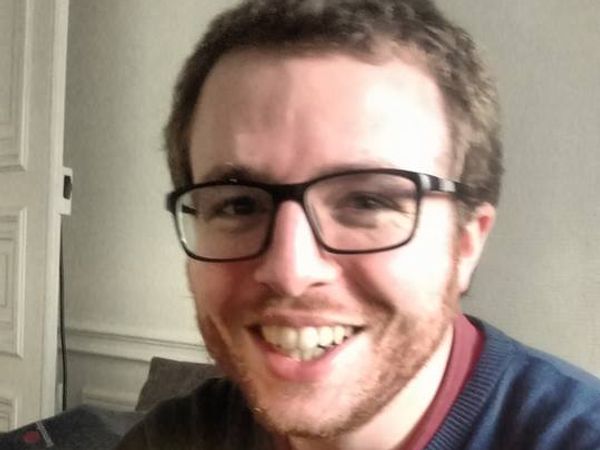
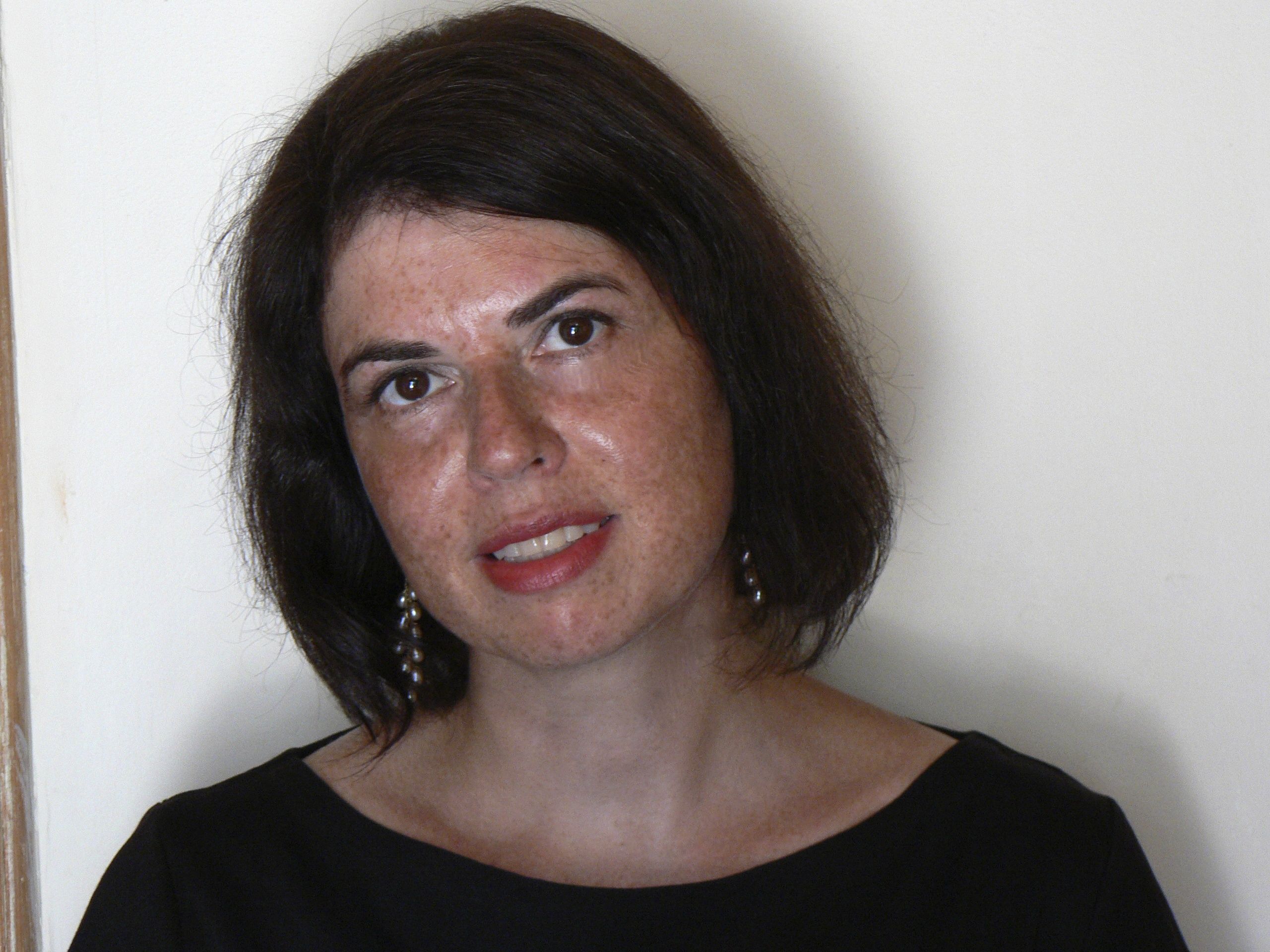
The Particip-Arc network is organizing a young researcher’s day on November 16th in the auditorium of the Grande Galerie de l’Evolution.
The work of doctoral and post-doctoral students will be presented through three axes: 1/ The perimeter(s) of participatory cultural research; 2/ Methodology and tools for participation; 3/ Can we institutionalize participation?

